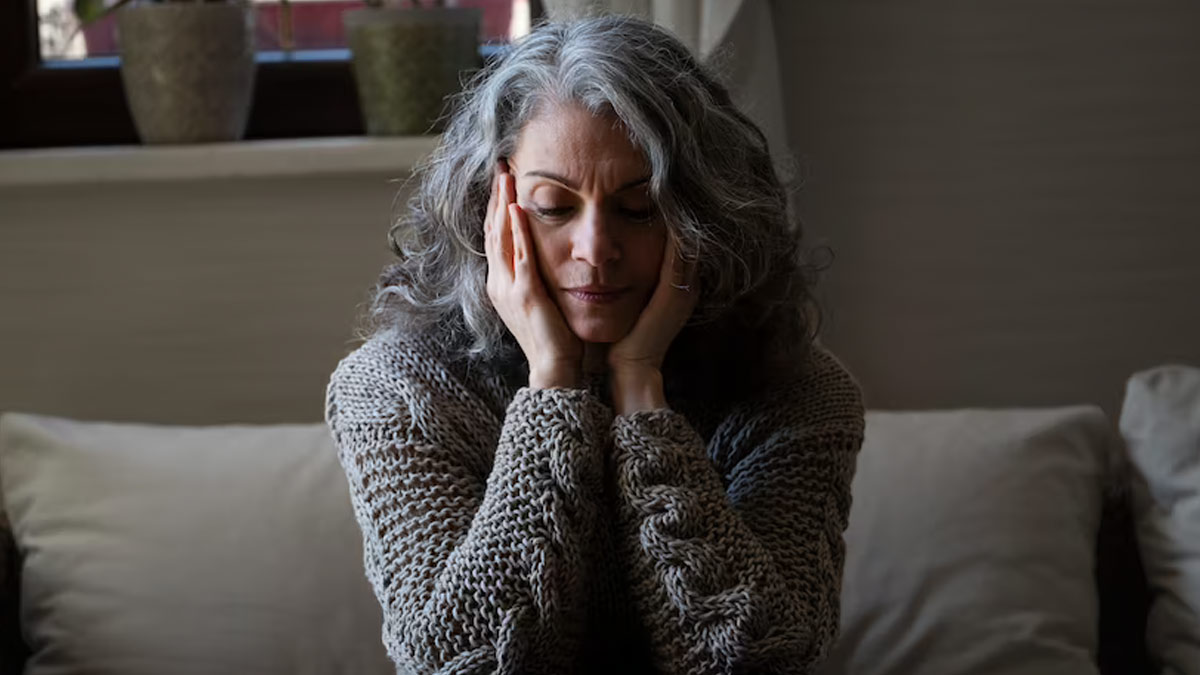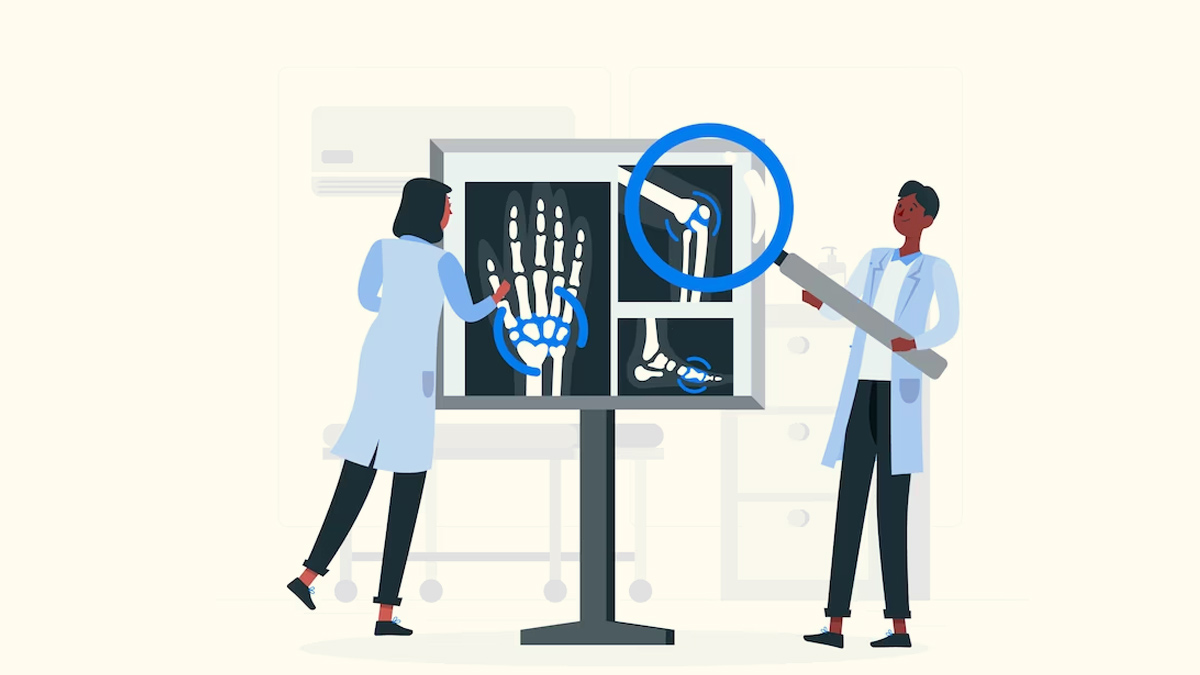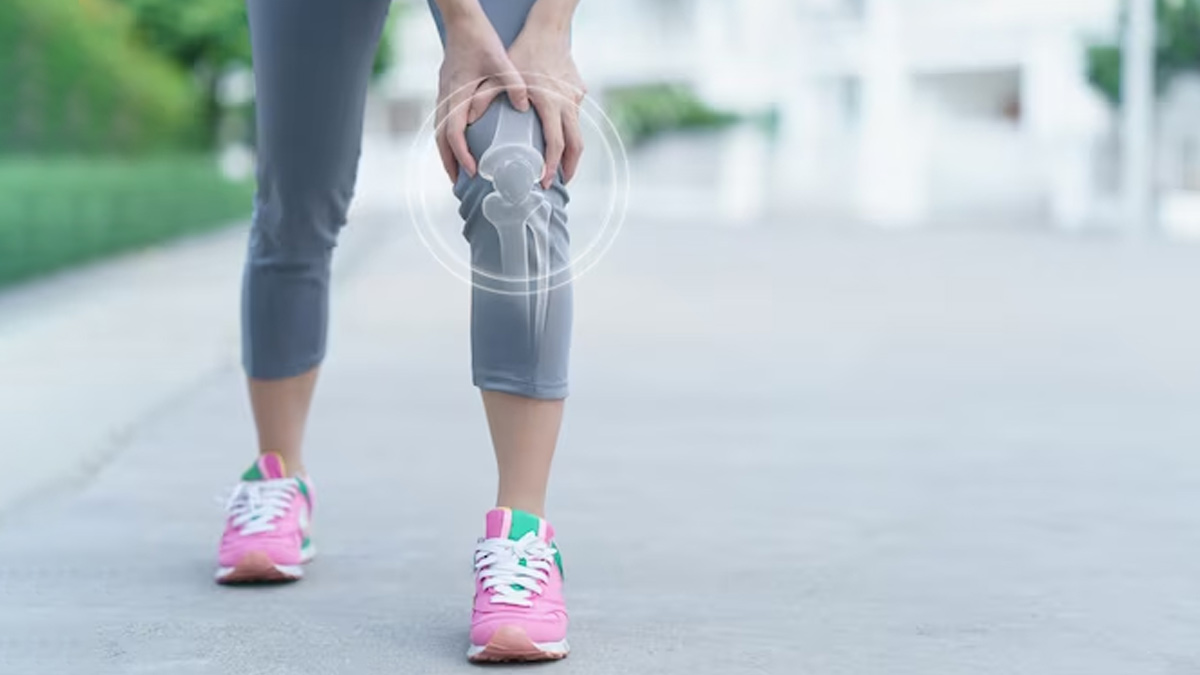
Menopause is a natural phase in a woman's life, marking the end of her reproductive years. Alongside various hormonal changes, menopause has long been associated with a decline in bone density, leading to concerns about osteoporosis and fractures. However, recent scientific research challenges the conventional wisdom surrounding this issue. Is the loss of bone density due to menopause a myth or reality?
Oestrogen For Bone Health
It's important to understand the physiological changes that occur during menopause. As women age, their oestrogen levels decline, which can have an impact on bone health.
Dr. Omkar Sadigale, Orthopaedic Surgeon, SRV Hospitals, Chembur, said “Oestrogen plays a crucial role in maintaining bone density by inhibiting the activity of cells that break down bone tissue. Consequently, the decline in oestrogen levels during menopause may lead to an increased rate of bone loss.”
For years, it was widely believed that menopause itself was the primary cause of bone density loss.
According to research, menopause undoubtedly contributes to changes in bone health, it is not the sole culprit. Ageing, lifestyle factors, and genetic predispositions also play significant roles.
Bone Density Decreases With Age
It is important to recognise that bone density naturally declines with age, regardless of menopause. According to the American Academy of Orthopaedic Surgeons, bone density begins to decline gradually around the age of 30. This indicates that the decrease in bone density during menopause may be more related to the ageing process than solely to hormonal changes.
Moreover, lifestyle factors such as physical activity, nutrition, and smoking habits also influence bone health. Engaging in weight-bearing exercises and consuming a balanced diet rich in calcium and vitamin D can help maintain bone density and reduce the risk of fractures. Conversely, a sedentary lifestyle, poor nutrition, and smoking can exacerbate bone loss and increase the likelihood of osteoporosis.

Role Of Genetics
Genetics also play a significant role in determining an individual's susceptibility to bone density loss. Some women may be genetically predisposed to lower bone density, putting them at a higher risk of osteoporosis. This genetic factor is independent of menopause and further emphasises the nature of bone health.
While menopause itself may not be the sole cause of bone density loss, it undoubtedly contributes to the overall risk. The decline in oestrogen levels can accelerate the rate of bone loss, especially in the first few years following menopause. This period, known as the postmenopausal window, is crucial for women to focus on preventive measures to maintain optimal bone health.

Treatments
Fortunately, medical advancements have provided effective treatments and preventive measures for women at risk of bone density loss and osteoporosis.
Dr Sadigale said that hormone replacement therapy (HRT) can help alleviate menopausal symptoms, including hot flashes and night sweats, while also mitigating bone density loss.
“The decision to pursue HRT should be made after careful consideration and consultation with a healthcare professional, as it carries its own risks and benefits”, He added.
The notion that menopause alone is responsible for significant bone density loss is a myth. While menopause contributes to changes in bone health due to declining oestrogen levels, it is essential to recognise the broader factors at play.
Also read: Building Strong Bones: Healthy Habits To Improve Your Bone Health As You Age
Age, lifestyle choices, and genetics also influence bone density and the risk of osteoporosis. Women should prioritise a healthy lifestyle, including regular exercise, proper nutrition, and avoidance of smoking, to maintain optimal bone health throughout their lives. Seeking medical advice and exploring available treatment options can further help manage the impact of menopause on bone density.







